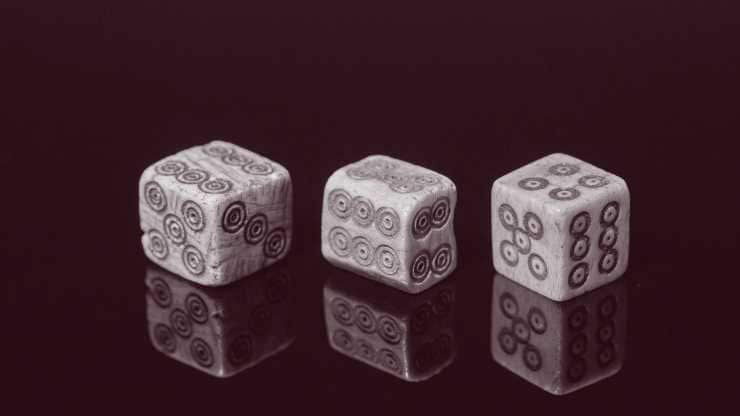The James-Lange theory is one of the earliest theories of emotion in modern psychology. This theory posits that physiological arousal precedes the experience of emotion, suggesting that one first observes bodily responses to a stimulus and subsequently feels emotion. It was developed by philosopher John Dewey and named after two 19th century scholars, William James…
Cluster C Personality Disorders Types and Traits
Cluster C personality disorders are a group of mental health conditions characterized by pervasive anxiety and fear. These disorders, classified within the Diagnostic and Statistical Manual of Mental Disorders (DSM), include three main types: avoidant, dependent, and obsessive-compulsive personality disorders. Avoidant Personality Disorder: This disorder is marked by social inhibition, feelings of inadequacy, and hypersensitivity to negative evaluation.…
Fearful Avoidant Attachment
Individuals with a fearful avoidant attachment style exhibit a complex mix of behaviors involving desire for intimacy but also an intense fear of getting too close. They often oscillate between moments of closeness and distance, which can lead to instability in relationships. This attachment style arises from a combination of anxious and avoidant tendencies, leading to a distrust…
Social Penetration Theory and Self-Disclosure
Social Penetration Theory provides an insightful framework for understanding how interpersonal relationships deepen and develop over time through various levels and layers of personal information exchange. Psychologists Irwin Altman and Dalmas Taylor formulated Social Penetration Theory (SPT) in the early 1970s. It was born from their interest in analyzing how relational intimacy grows. They posited that…
Obsessive–compulsive Personality Disorder (OCPD)
Obsessive-Compulsive Personality Disorder (OCPD) is a type of cluster C personality disorder characterized by a chronic pattern of preoccupation with orderliness, perfectionism, and control. Individuals with OCPD often tend to be rigid in their adherence to rules and standards, at the expense of flexibility, openness, and efficiency. Obsessive-compulsive personality disorder differs from obsessive-compulsive disorder (OCD), and the relationship…
What is Dependent Personality Disorder (DPD)
Dependent Personality Disorder (DPD) is characterized by a chronic pattern of fearing separation and an inability to be self-reliant. Individuals with DPD often display an urgent need to be taken care of and to maintain significant relationships, which can result in submissive and needy behavior. Anxiety and apprehension to an excessive degree characterize DPD, a cluster C…
What is Affect Theory
Affect theory aims to categorize affects – often used interchangeably with emotions or subjectively felt feelings – into distinct groups and describe their physical, social, relational, and internal expressions. The discussion on affect theory is present in various fields such as psychology, psychoanalysis, neuroscience, medicine, interpersonal communication, literary theory, critical theory, media studies, and gender…
What is Avoidant Personality Disorder (AVPD)
Avoidant personality disorder (AvPD), belongs to the Cluster C personality disorders. It is distinguished by excessive social anxiety and inhibition, a fear of intimacy (despite a strong desire for it), acute feelings of inadequacy and inferiority, and an overreliance on the avoidance of feared stimuli (for example, self-imposed social isolation) as a coping strategy. Those…
Proactive vs Retroactive Interference in Memory
Interference refers to a phenomenon in cognitive psychology where competing information can hinder the storage and retrieval of memories. It is commonly segmented into two types: proactive interference and retroactive interference. Proactive interference arises when older memories disrupt the recall of new information. Conversely, retroactive interference occurs when new information causes difficulties in retrieving older memories. Both types of interference can affect long-term…








